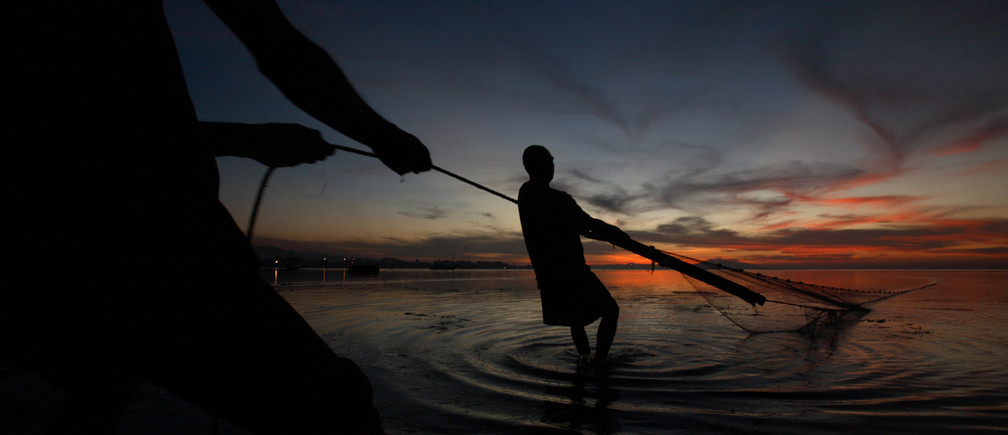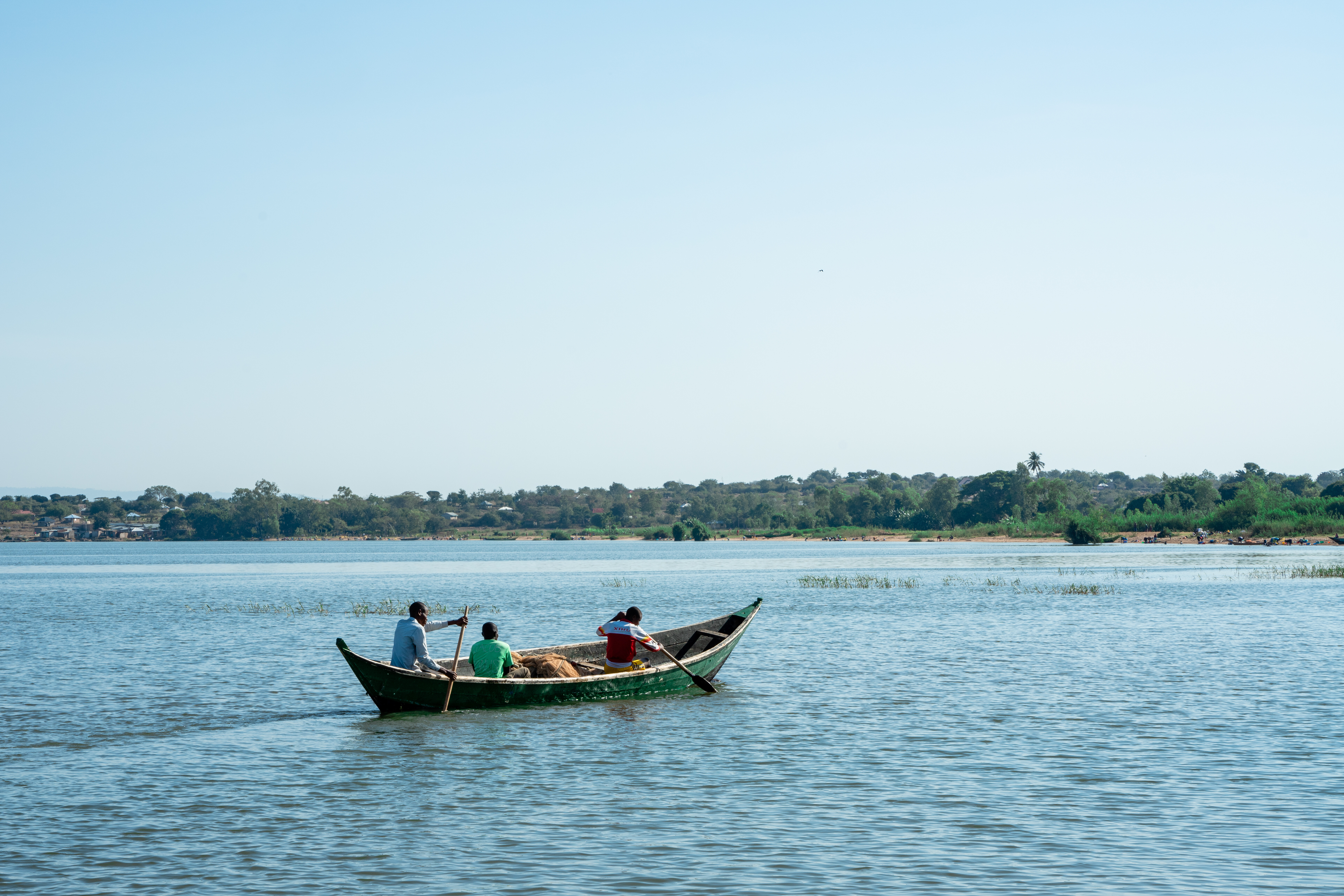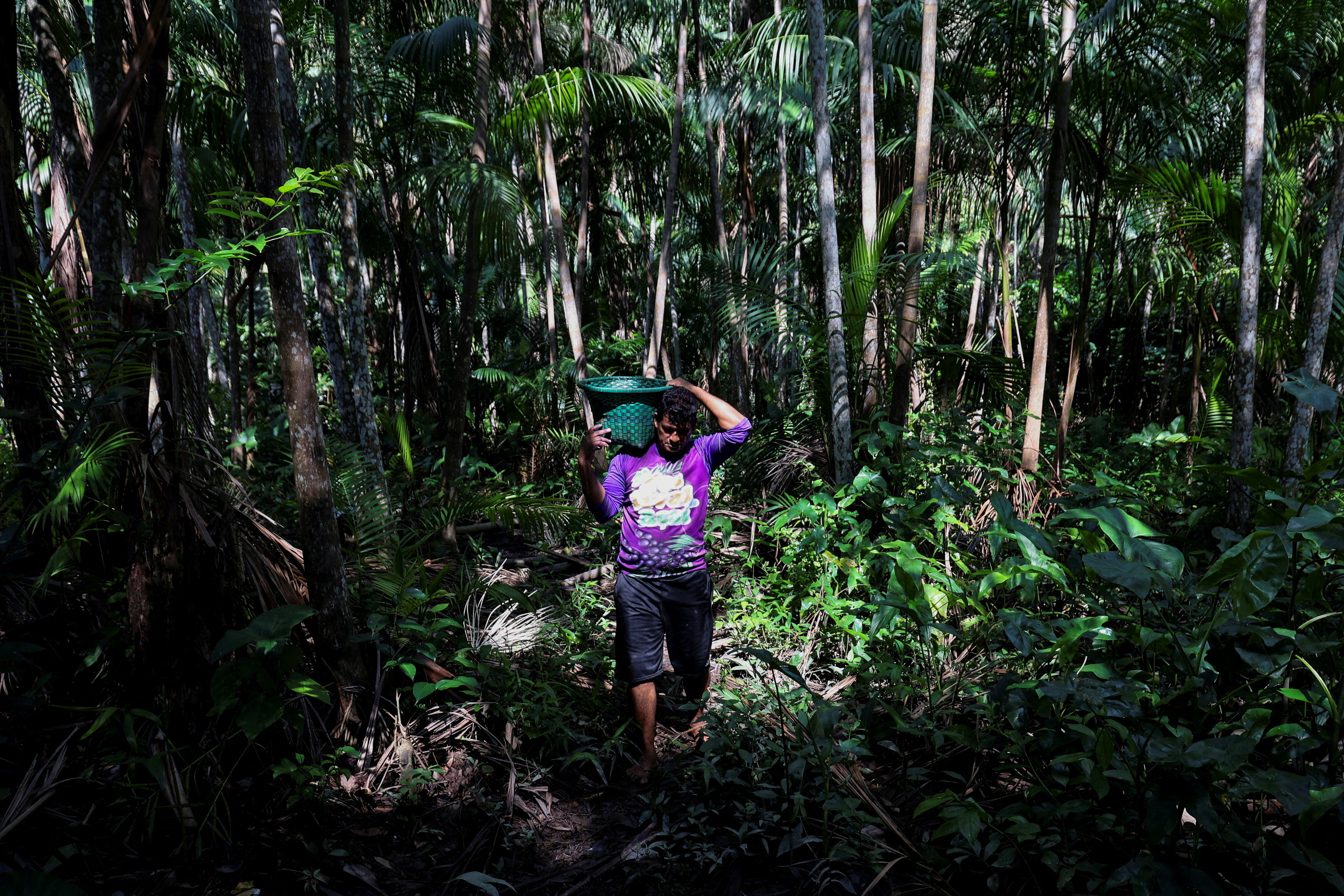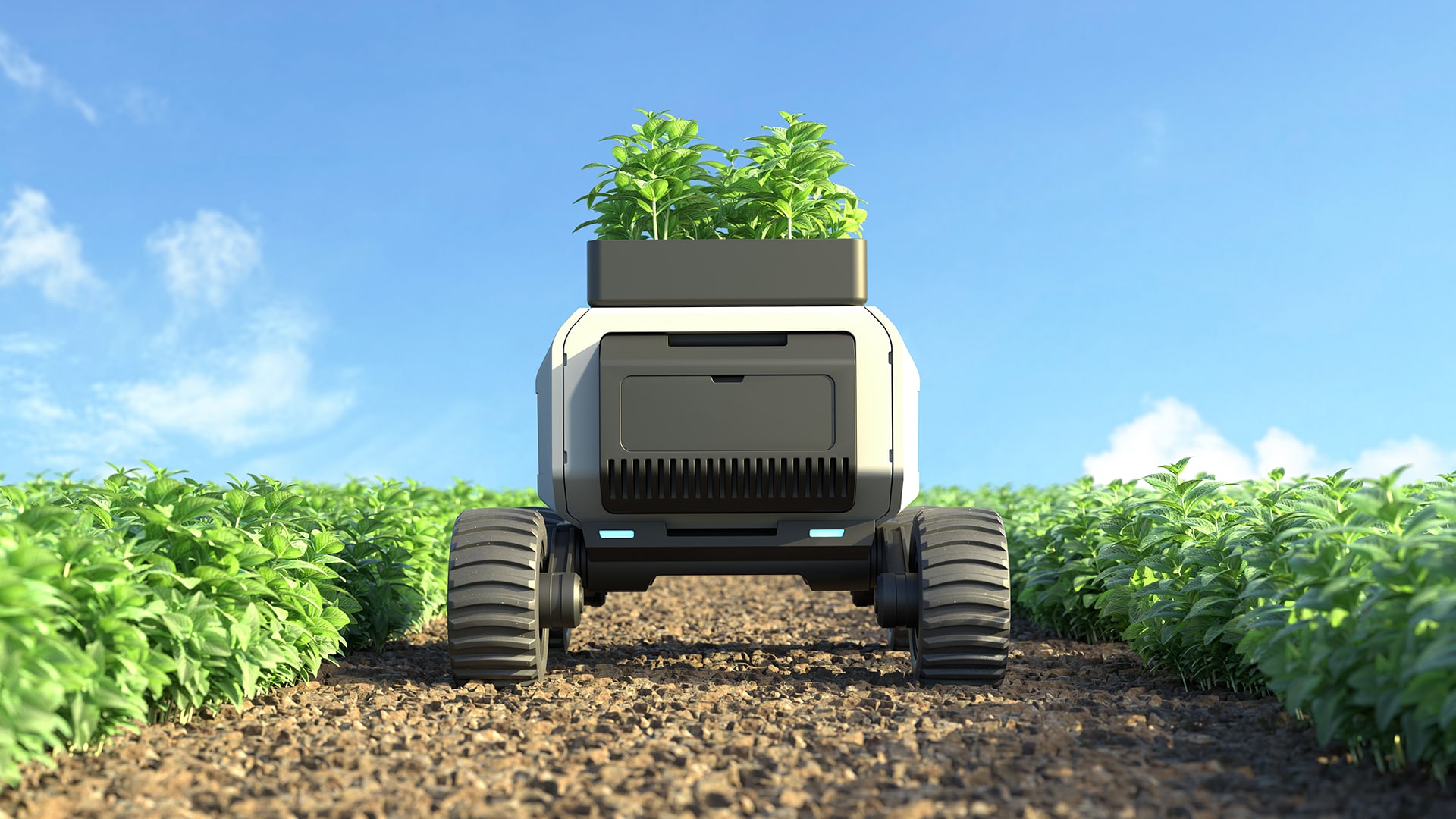To achieve the SDGs, the world must work together

Image: REUTERS/Beawiharta
In contrast to the UN Millennium Development Goals agreed in 2000, the private sector was given the opportunity to provide input and help elaborate the 2030 UN Sustainable Development Goals (SDGs) agreed in September 2015 by the UN General Assembly. It is only natural that the private sector must, in turn, assume a shared responsibility, in partnership with all other actors in society, to achieve these goals. We have expertise, knowledge and capacity at all levels to contribute to their achievement, especially at the country and community levels.
Moreover, a business can only be successful over time and create value for its shareholders if it also creates value for society as well. At Nestlé, we call this Creating Shared Value. From my perspective, a Creating Shared Value lens can help mobilize companies to identify and focus specific business efforts in support of the SDGs.
Let me go into a bit more detail on what this means for us. First, I would argue that each company must identify those areas where they can have the most impact. For us, driven by our company purpose to enhance quality of life and contribute to a healthier future, our positive impact on society focuses on enabling healthier and happier lives for individuals and families, on helping the development of thriving and resilient communities and finally, on stewarding the planet’s natural resources for future generations.
Second, I would argue that each one of us should leverage their specific comparative advantage to deliver impact. The private sector can bring global scope and scale, implementation capacity, innovation and research capabilities, and efficiency in execution. It is up to each partner to identify how best they can contribute.
But third, and very importantly, we each have to think beyond our own direct operations and fields of activity. We live in an interconnected world and our futures are inextricably linked. For us, it is only through cross-sector, cross-industry and cross-society partnerships that we can scale the societal commitments to which we hold ourselves accountable. So we need to explore and establish dynamic partnerships that explicitly expand our boundaries, particularly at the national and local levels where the necessary flexibility allows us to address locally relevant issues.
The 2030 Water Resources Group (2030 WRG) and the New Vision for Agriculture (NVA) are two examples of action-oriented multistakeholder partnerships with which we have been involved since their beginnings in the late 2000s. What they both provide is a neutral convening platform where country-level public, private and civil society stakeholders can come together for open discussion, the identification of sustainable solutions and ultimately, transformative change. They are an essential breeding ground for trust, which surely must be the first ingredient for any successful attempt to bring about sustained transformation.
Six years after the 2030 WRG was first incubated at the World Economic Forum to close the gap between water demand and supply by 2030, this public-private partnership is working in 11 countries or states, with 44 proposals for programmes and policies to be implemented – of which 14 are already under implementation – engaging over 500 country partners.
The NVA has engaged over 600 organizations across all stakeholders to simultaneously deliver food security, environmental sustainability and economic opportunity. It has catalysed multi-stakeholder platforms in 21 countries across Africa, Asia and now Latin America and has, to date, reached over 10.5 million smallholder farmers.
We have learned many things from our experiences with these partnerships. First, it has become even clearer that we cannot achieve system-wide change alone. Actually, no one can do it alone. What we are able to do as a partnership builds on and strengthens what we can do by ourselves. Second, government commitment at all levels is an absolute prerequisite if there is to be real and sustainable impact on the ground. Third, trust is often enhanced through collaborative action at the national or local level where the locally relevant ambition or vision can be defined and a strong sense of pragmatism leveraged. The framework for country-led action developed by the NVA provides useful guidance on this approach.
There are a couple of key prerequisites too, notably having the right “values” frame and the right time frame. The latter – more specifically, a long-term framing – cannot be overemphasized. Transformative change takes time and a long-term framing induces the right values and approach across all stakeholders, often bringing them together. Looking forward, I am optimistic and excited. Since the two partnerships that I have outlined were born, we have come a long way. I look forward to continuing the journey we have started and delivering what we helped elaborate in 2030.
Don't miss any update on this topic
Create a free account and access your personalized content collection with our latest publications and analyses.
License and Republishing
World Economic Forum articles may be republished in accordance with the Creative Commons Attribution-NonCommercial-NoDerivatives 4.0 International Public License, and in accordance with our Terms of Use.
The views expressed in this article are those of the author alone and not the World Economic Forum.
Stay up to date:
Future of the Environment
Related topics:
Forum Stories newsletter
Bringing you weekly curated insights and analysis on the global issues that matter.







